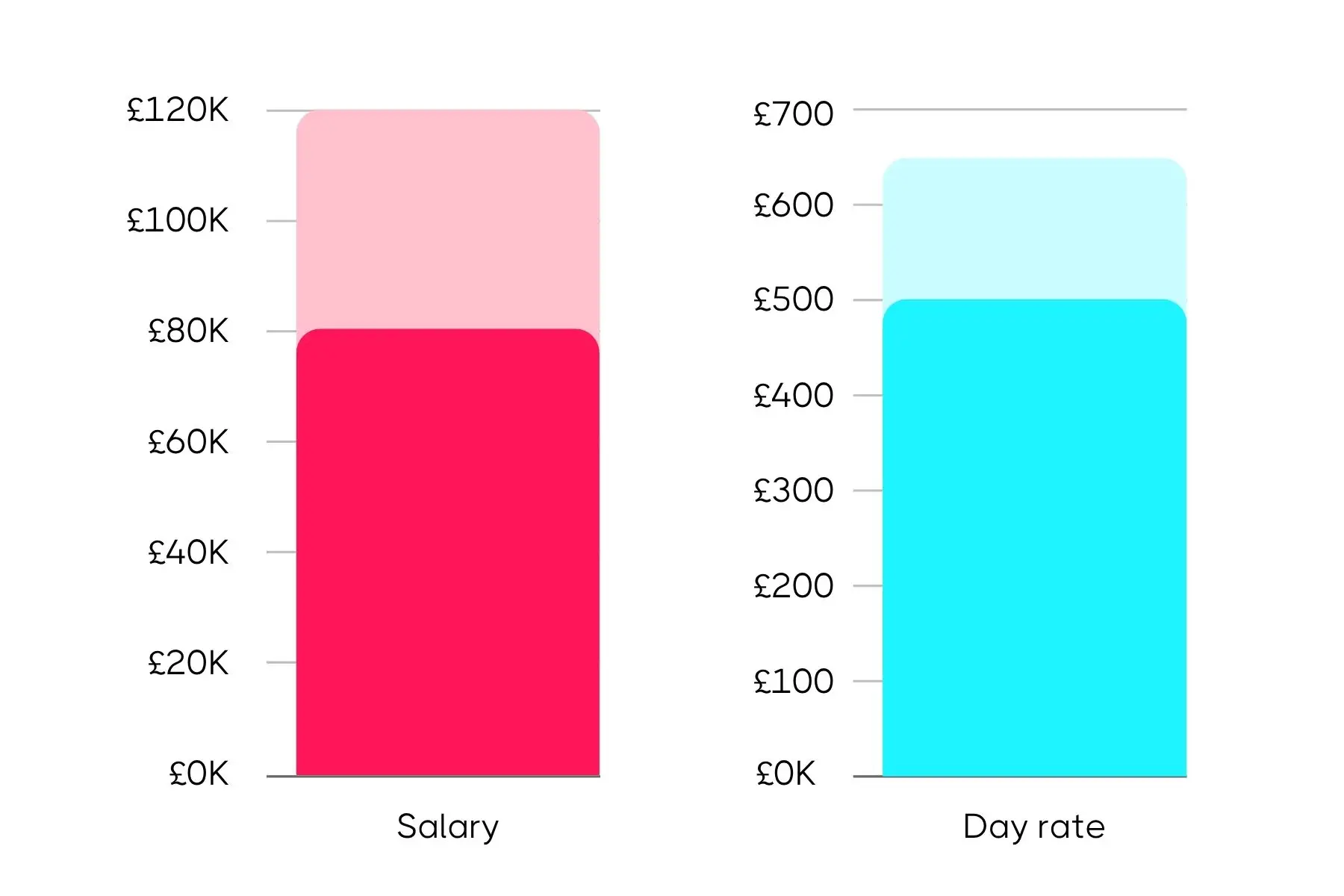Head of CRM job description
This page details key information about the Head of CRM role. From the core responsibilities through to salary expectations and how to approach CRM recruitment.
Head of CRM
This page details key information about the Head of CRM role. From the core responsibilities through to salary expectations and how to approach CRM recruitment.
The Head of CRM (customer relationship management) plays a key role in driving sales and revenue through customer retention and acquisition.
These senior CRM professionals are responsible for developing and implementing strategies to build stronger connections with customers.
The job description can change based on the company size, industry and team structure, however the main duties of the role include:
If you're looking to hire a Head of CRM, you should look for the following skill set and experiences:
The average salary for a permanent, full time Head of Customer Relationship Management is £80,000 - £120,000. Meanwhile, a contractor can expect a daily rate of £500 - £650.
Pay ranges can vary based on the industry, business size and the experience of candidates. For more information, download our salary guide below.

With businesses investing in their loyalty strategies, Heads of CRM are in high-demand to lead their development.
Customer relationship management professionals have a wealth of opportunities open to them. When developing their career, they might pursue the following roles.
With enough experience in a leadership role, talent can pursue the Director job title. In this role, they will have more exposure to the board, working closely with senior members of the business to ensure alignment on strategies.
For a broader digital marketing role, candidates can pursue the Digital Marketing Director job title. In this senior leadership role, they will take ownership of the entire digital strategy, including CRM, SEO, content, performance and social media.
Learn moreReady to hire a Head of CRM? Get in touch to see how we can help!
